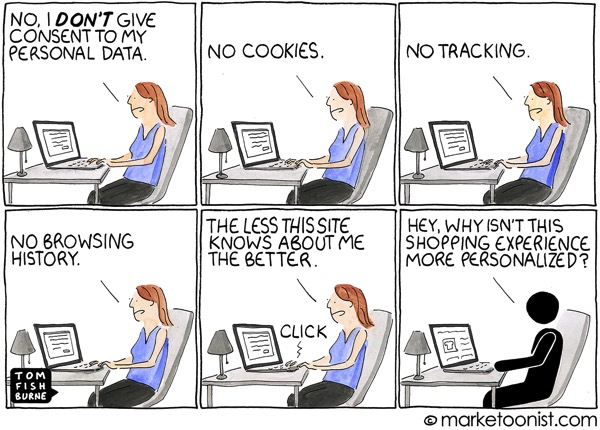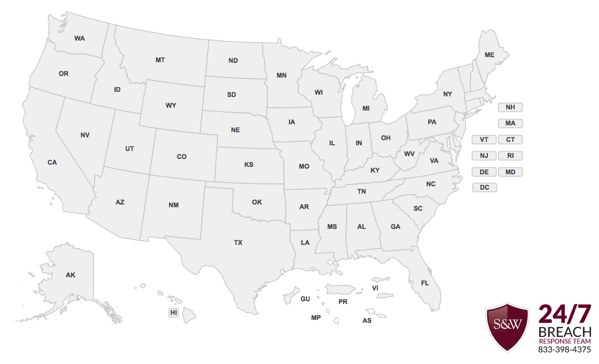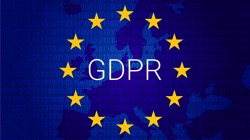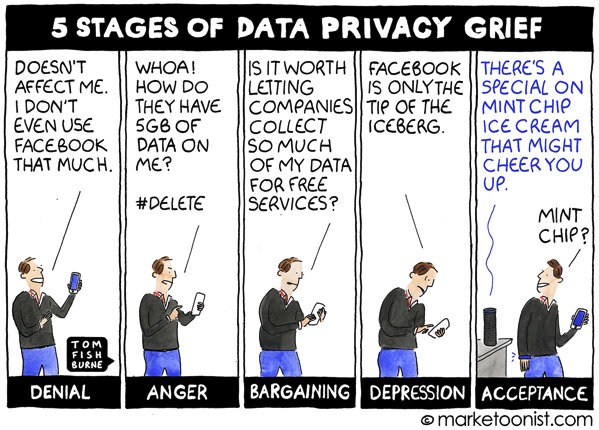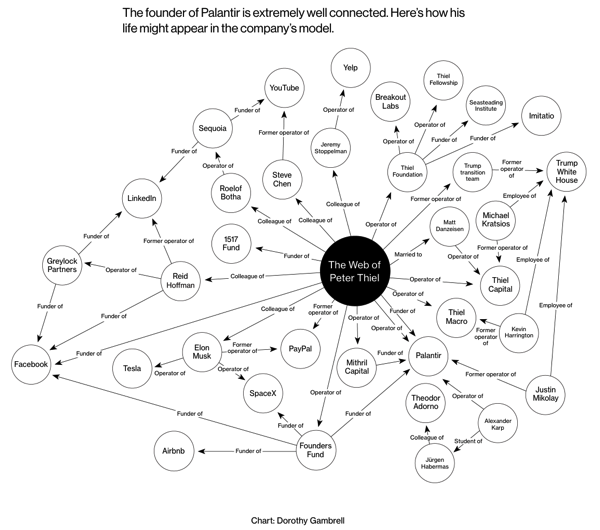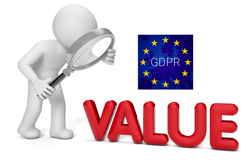
With the May 25th enforcement date for GDPR looming before us, it is easy to focus on the huge investment companies are making in efforts to comply. Â
However, an Information Week article authored by Dimitri Sirota, CEO and Co-founder, BigID, offers a brighter picture:
The International Association of Privacy Professionals estimates that Fortune’s Global 500 companies will spend roughly $7.8 billion in order to ensure they are compliant with GDPR – no small sum. Yet, viewing GDPR through the lens of compliance cost alone doesn’t reflect the broader change afforded by the sweeping regulation. Yes, there will be substantial cost association with operationalizing specific obligations inside the organization, but the benefits can be argued to far outweigh the investment.
Sirota proposes tangible business benefits arising from work towards GDPR compliance (selected excerpts are shown):
Understanding the customer
First and foremost, compliance efforts help companies better understand their customer by better understanding their data. If customers are the lifeblood of a modern digital business, then knowing customers’ data takes on commercial “life or death†urgency.
Cyber insurance and civil action savings
Companies mandated to comply [with GDPR], and those showing proof of compliance with these stringent regulations will likely see a significant reduction in annual cyber insurance costs. …
A hard rule on public disclosure is understandably daunting, but the role GDPR will play in helping companies better understand what data they have, its risk and how to protect it, will prove greatly beneficial to avoiding a breach all together.
Minimizing response costs
Through increased data visibility required for compliance, funds spent on determining who exactly was affected by a breach will be all but eliminated.
In conclusion, Sirota takes the optimistic view:
GDPR aims to provide better consumer accountability through better data accounting. Ultimately, this helps build trust between a company and its customers. However, in a very real financial way it also has economic benefit. The investments required to comply with GDPR equip companies to better protect themselves and better extract value from its customers. GDPR at first blush looks like a cost for businesses to incur. But dig deeper and you find it opens up new protections and value.
I am a fan of looking for business benefits of security and compliance beyond reducing risk. Â I think the most important benefit that Sirota proposes is understanding the customer because of better understanding of their data. Â I really like how he puts it:
Data is the new oil, and knowing exactly what kind of oil, how much and where it is running through the engine not only provides a vehicle to safeguarding data, but also a way to unlock value within that data and improve performance, in a private and secure way.
Thanks for the insight, Dimitri!

